
Many once-iconic retail chains that filled malls and streets have disappeared from physical stores, yet their legacy are far from over. These brands have embraced the future by shifting exclusively to online platforms, keeping their names alive in a new digital form. This transformation lets fans reconnect with familiar favorites while enjoying modern convenience. Keep reading to uncover their intriguing journeys and current status online.
American Apparel
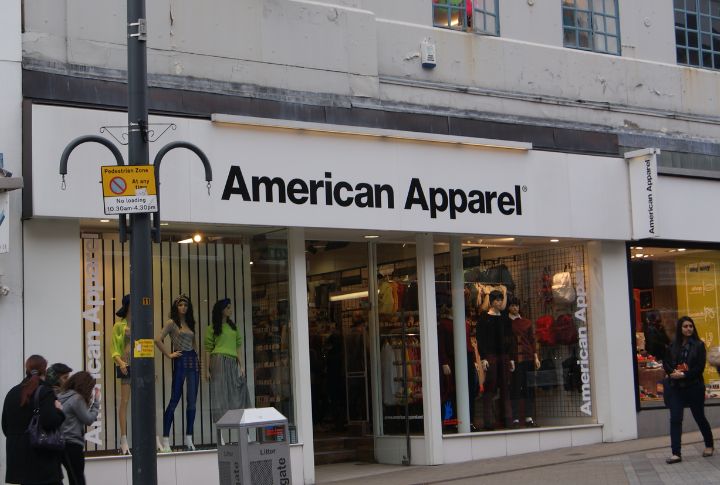
Founded in 1989, American Apparel became famous for its minimalist basics and provocative marketing before shuttering U.S. stores in 2017. Gildan Activewear acquired the brand and revived it exclusively online. Today, shoppers can still find its signature T-shirts and casualwear through the official website.
CompUSA
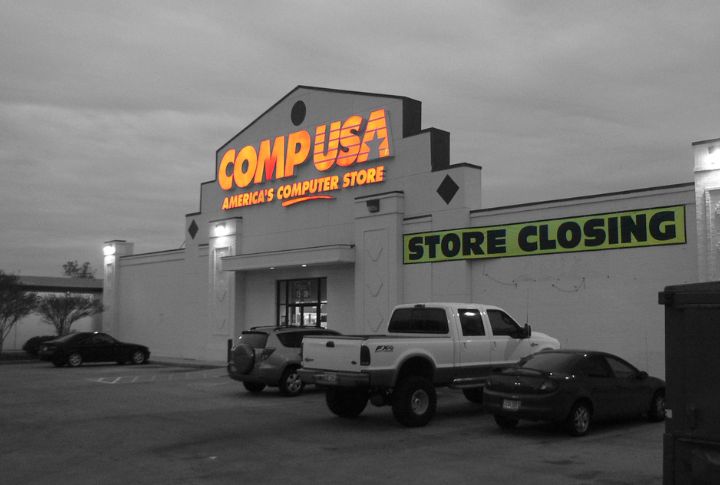
CompUSA exists today as an online electronics retailer, offering computers, peripherals, and tech accessories. Once a giant in consumer electronics, the chain closed its last stores in 2012 after years of decline. The name and website were later revived by Systemax digitally.
Dressbarn
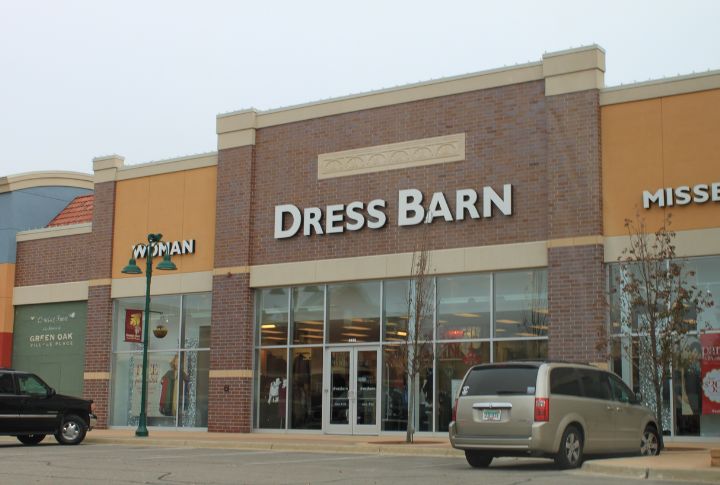
After 57 years of providing women with affordable fashion, Dressbarn closed all physical stores in 2019. Its intellectual property and e-commerce assets were acquired by Retail Ecommerce Ventures, which swiftly relaunched the brand online. And since relaunching in 2020, this brand has emphasized value-oriented fashion.
Sharper Image
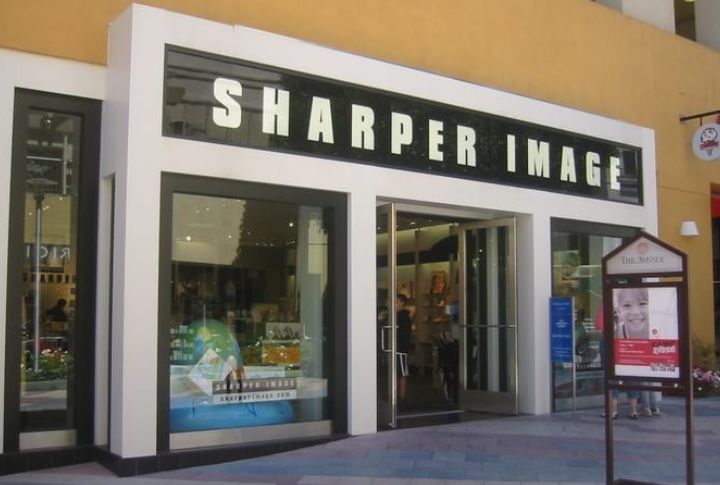
Sharper Image no longer runs stores; instead, it markets gadgets via e-commerce and licensing agreements. The once-futuristic chain shut down all of its physical stores in 2008 following bankruptcy. Today, its identity survives through e-commerce catalogs that keep its reputation for quirky innovation alive.
DEB Shops
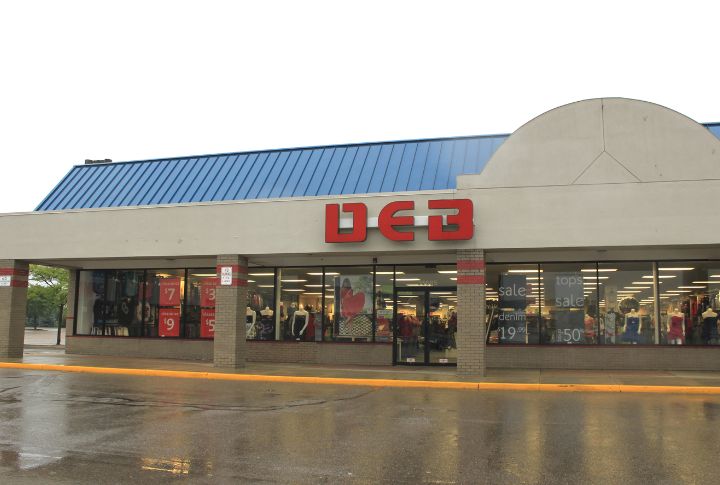
DEB Shops closed all locations in 2015 after bankruptcy. Later that year, it reemerged as an online-only store. The revived platform remains dedicated to trend-conscious women, with digital-only collections that continue its tradition of offering affordable dresses and fast-fashion styles.
Bed Bath & Beyond
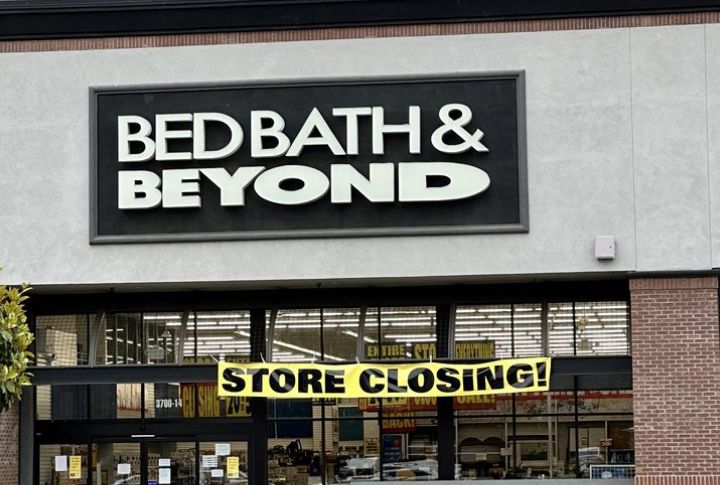
Today, Bed Bath & Beyond operates as an online retailer selling the same housewares and home goods that made it a household name. After liquidating all stores in 2023, its intellectual property and website were acquired by new owners. The brand also indulges in pop-up events every now and then.
Delia’s
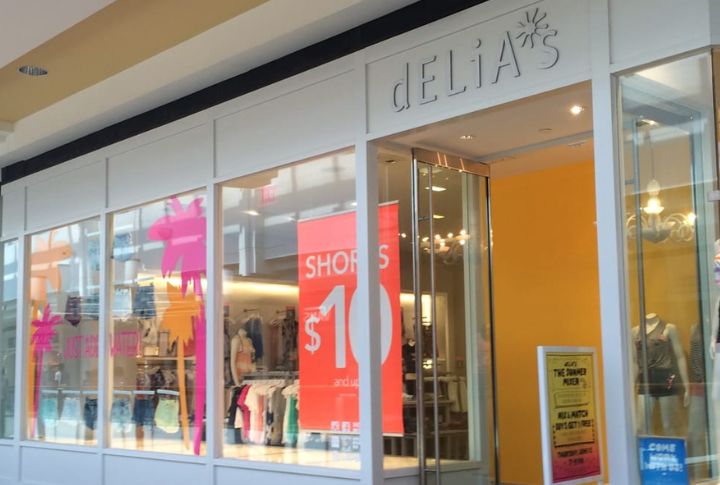
In the late ’90s and early 2000s, Delia’s catalogs were a rite of passage for many teens, packed with bold prints and quirky style. After closing its stores in 2014, the brand was resurrected online under Dolls Kill. Now positioned as a sub-label, it thrives on Y2K nostalgia and retro revival culture.
Circuit City
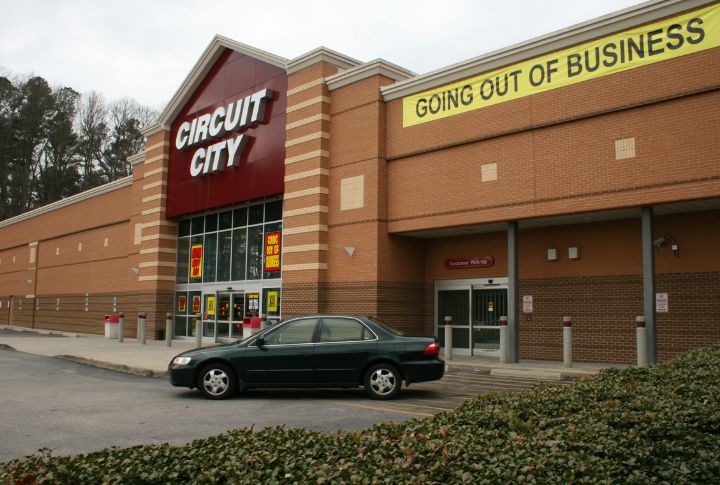
Today, Circuit City exists only as an online storefront, selling electronics through a marketplace-style model. However, it’s a far cry from the chain’s peak, when its red-and-white logo marked nearly 700 stores nationwide. After filing for bankruptcy, Circuit City closed its last locations in 2009.
H.H. Gregg
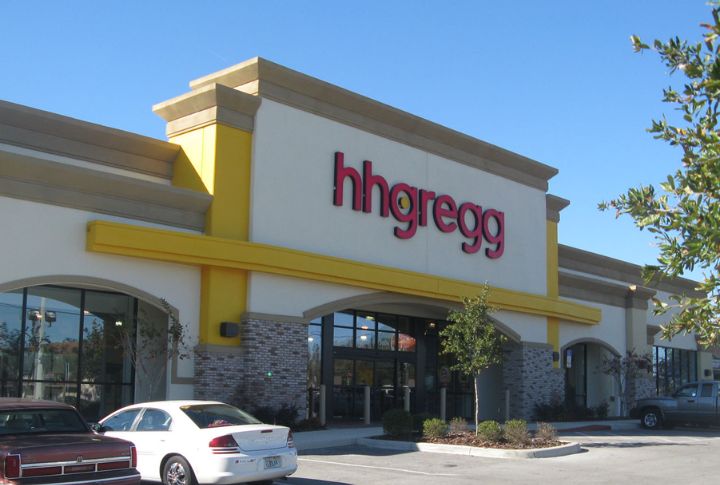
Bankruptcy in 2017 erased H.H. Gregg’s physical footprint, but the brand still exists virtually. It sells appliances and gadgets exclusively through its website. While there was a small attempt to return to stores in 2019, the company ultimately remains an e-commerce operation.
Lord & Taylor
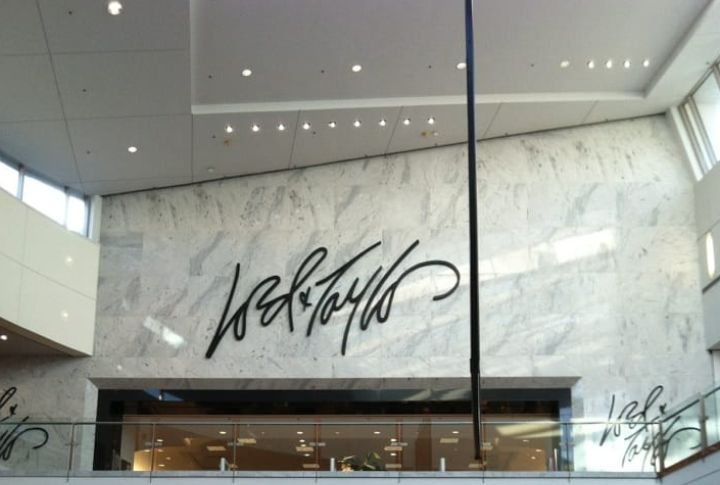
This brand survives as a sleek online marketplace, curating fashion and accessories under new ownership. It’s a digital reinvention of an actual retail legend. Once America’s oldest department store, it defined elegant shopping for nearly two centuries before its last stores went dark in 2021–2022 after bankruptcy.
